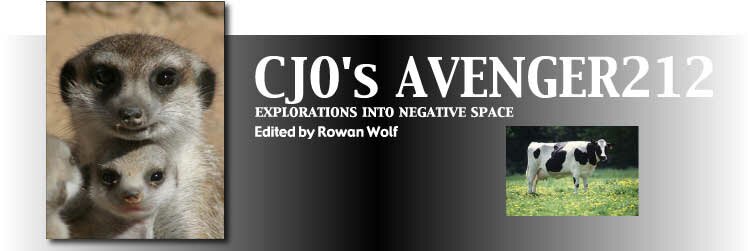Arctic going, going
September 7th, 2007
By Rowan Wolf
The news from the National Oceanic & Atmospheric Administration (NOAA) is that we just lost another 50 years in the global warming catastrophe. The melt is accelerating beyond any projections, and the current amount of CO2 in the atmosphere will continue its impact for the next 20 to 30 years.”
(Picture courtesy of NOAA)
As depicted by a scientist interviewed by the Guardian:
Mark Serreze, an Arctic specialist at the US National Snow and Ice Data Centre at Colorado University in Denver which released the figures, said: “It’s amazing. It’s simply fallen off a cliff and we’re still losing ice.” The Arctic has now lost about a third of its ice since satellite measurements began 30 years ago, and the rate of loss has accelerated sharply since 2002.
Dr Serreze said: “If you asked me a couple of years ago when the Arctic could lose all of its ice, then I would have said 2100, or 2070 maybe. But now I think that 2030 is a reasonable estimate. It seems that the Arctic is going to be a very different place within our lifetimes, and certainly within our children’s lifetimes.”
“Off a cliff” indeed.
To make matters worse, while warming and its effects have gone “off a cliff” over the last five years, the worse is yet to come. It is predicted that global warming will “set in with a vengeance after 2009.” “Natural forces” are currently partially offsetting the warming - according to the report. Guess they haven’t been in the southern U.S. or southern Europe.
According to the to NOAA, from 1979-2000 there was a 2.9% per year. That is a significant loss, and it is going to accelerate. I would help adopt a polar bear and try to keep it cool, but the whole ecosystem is at risk. From the phytoplankton to the polar bear the arctic ecosystem is at risk. Unfortunately, what happens at the arctic doesn’t stay at the arctic. The arctic is part of the global system (as are humans, but too many of us refuse to embrace that relationship).
The earth is in for a rough time, and all of her residents are as well. I hear though the cockroaches are pretty hardy.
Entry Filed under: NEGATIVE SPACE, ONE PLANET

2 Comments Add your own
1. konopelli/wgg | September 7th, 2007 at 10:33 pm
“According to the to NOAA, from 1979-2000 there was a 2.9% per year.”
a 2.9% per year what, in particular. Probably, from the context we might infer there was a 2.9% per year increase in the amounts of ice lost.
this would make a good problem structure for testing inferential skills on an ATC/SAT exam…
2. norman kranbert | September 10th, 2007 at 9:45 pm
This is beyond madness. Thank you sincerely for alerting humanity to this disaster that engulfs just about everything that still manages to live in this immensely wounded planet.
Leave a Comment
Some HTML allowed:
<a href="" title=""> <abbr title=""> <acronym title=""> <b> <blockquote cite=""> <code> <em> <i> <strike> <strong>
Trackback this post | Subscribe to the comments via RSS Feed